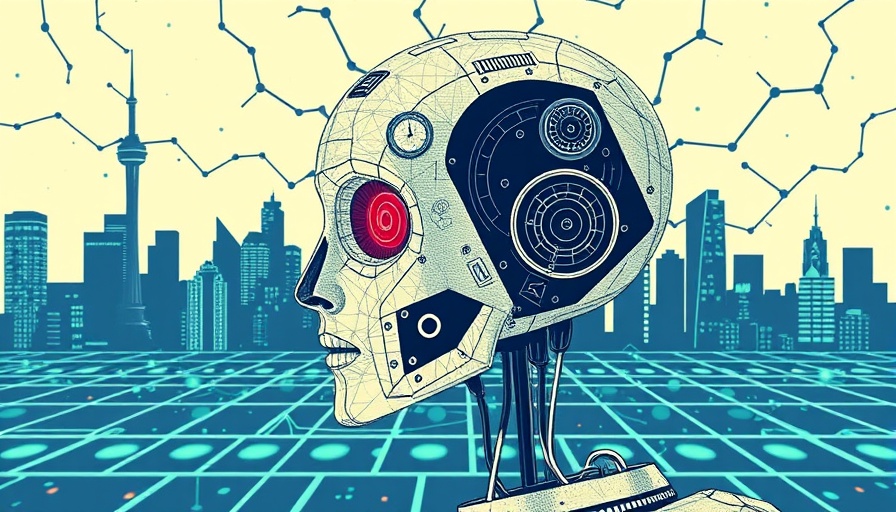
Will AI Reshape Capitalism as We Know It?
The advent of artificial intelligence (AI) has sparked a heated debate about its implications for capitalism. As AI technologies advance, they promise enhancements in efficiency and productivity across various sectors. Yet, they also raise pressing questions about the sustainability of capitalist structures and employment landscapes. Will AI’s rise ultimately consolidate power in the hands of a few tech giants, undermining the very essence of a market-driven economy?
Understanding AI's Economic Disruption
AI's transformative potential is evident in industries like healthcare, where it enhances patient care, and marketing, where it personalizes customer experiences. Yet, the challenge lies in harnessing these AI applications without exacerbating income inequality. As companies leverage AI for operational efficiency, the risk of job displacement grows. Numerous studies, including those from the World Economic Forum, predict significant job losses due to automation by 2025.
Counterarguments: AI as a Catalyst for Economic Growth
Some experts argue that AI could rejuvenate capitalism by creating new markets and opportunities. The emergence of AI-driven startups could lead to innovation and job creation, particularly in the technology and creative sectors. This perspective suggests that while AI may displace certain roles, it will also catalyze the formation of new ones, thereby invigorating economic cycles.
The Ethical Dimension of AI's Implementation
The ethical use of AI technologies is paramount in the conversation surrounding capitalism's future. As AI becomes more integrated into decision-making processes, concerns about fairness, transparency, and accountability come to the forefront. Stakeholders must advocate for explainable AI (XAI) to ensure that these powerful systems enhance rather than hinder social equity.
Future Trends: Looking Ahead to 2025
The upcoming decade is poised to witness critical AI breakthroughs that will shape its influence on society and capitalism. As innovations unfold in areas such as deep learning and natural language processing, the dialogue about AI’s impact will intensify. Will businesses prioritize ethical AI development? Can we create frameworks to ensure that AI-driven solutions do not widen the socio-economic divide? These questions remain at the forefront of discussions and will dictate the path forward.
Join the Discussion
As we navigate these transformative times, it’s vital for individuals—especially students and tech enthusiasts—to engage with these discussions. Understanding the evolving landscape of AI is crucial not only for adaptation but also for shaping equitable policies that govern technological integration. Stay informed about AI innovations and advocate for inclusive strategies that ensure technology serves the many, not just the few.
 Add Row
Add Row  Add
Add 




Write A Comment